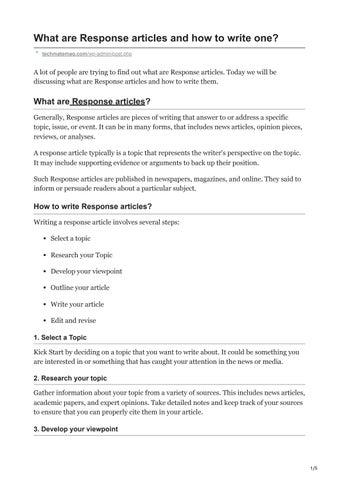JB Cocoa’s Factory Initiative in Ivory Coast: Current Status and Future Prospects
In a significant development for the cocoa sector in West Africa, JB Cocoa, a Singapore-based company, has decided to pause its factory project in Abidjan, Ivory Coast. This initiative was initially seen as a game-changer for enhancing the region’s cocoa processing capabilities. Though, this halt raises concerns about investment reliability and the future of local agribusinesses.As Ivory Coast faces challenges such as volatile global cocoa prices and sustainability issues,the ramifications of this decision are felt throughout the local economy and beyond. This article explores the reasons behind JB Cocoa’s decision to delay its project, potential impacts on the Ivorian cocoa industry, and broader implications for foreign investments in African agriculture.
Uncertainty Surrounds JB Cocoa Project in Abidjan
The future of JB Cocoa’s ambitious factory project remains uncertain, causing concern among various stakeholders including local communities. Initially expected to provide a significant boost to economic growth in the region, this initiative is currently on hold while further evaluations are conducted by JB Cocoa from Singapore. Several critical factors contributing to this pause include:
- Regulatory Challenges: Meeting both local and international compliance standards has proven difficult.
- Funding Issues: Securing sufficient financial backing is essential for moving forward with construction.
- Cocoa Market Dynamics: Global fluctuations in cocoa prices complicate planning efforts.
Despite optimism from local officials regarding long-term benefits associated with establishing this factory—such as job creation—the delay raises doubts about JB Cocoa’s commitment to investing in West Africa. The anticipated factory was projected to generate hundreds of jobs while invigorating growth within the cocoa processing industry. The following table outlines key projections that highlight its potential impact:
| Main Metrics | Expected Impact |
|---|---|
| Total Jobs Created | 500+ |
| Cocoa Processed Annually | 40,000 tons |
Investment Challenges Amid Regulatory Hurdles and Local Competition
The plans for establishing JB Cocoa’s facility have encountered notable setbacks due to increasing regulatory complexities alongside rising competition from domestic producers. Key factors contributing to these delays include:
- Bureaucratic Compliance: Navigating intricate regulatory frameworks has resulted in significant delays regarding necessary approvals.
- Diverse Local Competition:An uptick in domestic production capabilities creates an environment that pressures foreign investments.
- Cocoa Price Instability:The volatility of global market prices raises concerns about profitability prospects for new ventures within this region.
The reassessment by JB Cocoa carries considerable implications for prospective investors looking at opportunities within West Africa’s agricultural landscape. The following table summarizes current competitive dynamics along with regulatory challenges faced by investors:
| Challenge | Description |
|---|---|
| Regulatory Delays | Lengthy approval processes disrupt timelines. |
| Local Industry Competition | Growing domestic production threatens viability of foreign investments. |

